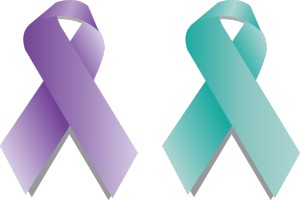
Geneva: Cervical cancer is the fourth most common cancer among women globally, but it is almost completely preventable and, if diagnosed early enough, is one of the most successfully treatable cancers.This disease claims the lives of 300 thousand women each year – 1 every 2 minutes.
Like COVID-19, there are the tools to prevent, detect and treat this disease. But like COVID-19, cervical cancer is driven by inequitable access to those tools. 79 countries that account for two-thirds of the global burden of cervical cancer are yet to introduce HPV vaccines, because of high prices and inadequate supply. In low- and middle-income countries, the incidence of cervical cancer is nearly twice as high, and the death rate is three times as high, as in high-income countries.
“We see similar disparities among marginalized populations within many high-income countries. That’s why one year ago today, WHO launched a global strategy to eliminate cervical cancer, with three targets to achieve within the next 10 years: To vaccinate 90% of all girls against human papillomavirus by the age of 15; To expand access to screening services for 70% of women; And to expand access to treatment for 90% of women with pre-cancerous lesions, and palliative care for 90% of women with invasive cancer,” World Health Organization (WHO) Director-General, Dr. Tedros Adhanom Ghebreyesus told reporters at a special event held on November 17, 2021 to commemorate a landmark Day of Action for Cervical Cancer Elimination, when WHO’s evidence generation framework for artificial intelligence-based screening of cervical cancer was released.
Like it has with so many diseases, the pandemic has caused setbacks to progress towards these targets because of disruption to health services. The proportion of girls globally with access to HPV vaccines has fallen to 13%, from 15% before the pandemic.
Dr. Ghebreyesus though said that at the same time, there are encouraging signs of progress.
“In the past year, several more countries have introduced the HPV vaccine into national immunization schedules, including Cameroon, Cabo Verde, El Salvador, Mauritania, Qatar, Sao Tome and Principe, and Tuvalu. WHO has also prequalified a fourth HPV vaccine called Cecolin, produced by Innovax, which we expect will increase supply and decrease prices. We have also seen innovations like self-sampling, which offers women the option of being screened for cervical cancer without a pelvic exam,” he said.
He however said, “But we need to do much more”. He called on all countries, all manufacturers of vaccines, tests and treatments, all partners and all civil society organizations to join WHO in its effort to make cervical cancer history.
– global bihari bureau




